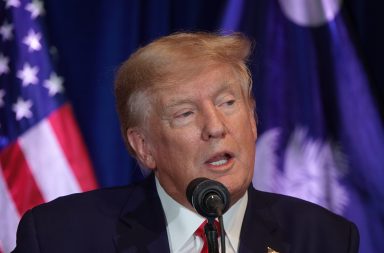Hostel operators from around the world will be in New York next week to lobby the City Council for new regulations that will get them back on the good side of the law.
In 2010, City Hall, amid a larger effort to curb Airbnb, passed a law that had the unintended consequence of making most city hostels illegal.
While in the Big Apple, the hostel operators from around the world will search for appropriate sites — most of which will be in the less expensive outer boroughs where regular hotel flags fear to tread.
Other than those operating as nonprofits or as cheap budget hotels with facilities that meet different standards, true hostels are currently illegal.
Over four dozen closed in the wake of the 2010 law. The shuttered hostels rang up annual revenue of roughly $230 million.
Former Councilman Mark Weprin, who left his post in June 2015 for a job in Gov. Andrew Cuomo’s administration, introduced hostel-friendly legislation in 2015 that is now being championed by Councilwomen Margaret Chin and Karen Koslowitz and Councilmen David Greenfield, Jumaane Williams and Rafael Espinal Jr.
The Weprin bill would formally legalize the industry through a licensing and regulatory scheme handled by a new Office for Licensed Hostels within the Department of Consumer Affairs.
To that end, a group of hopeful hostel operators — led by Feargal Mooney, chief executive of Hostelworld Group, and including executives from Clink Hostels, Yellow Hostels, Meininger Hostels and Generator Hostels — are expected to meet with New York City officials.
Buoyed by the possibility of getting their porch lights on someday, the executives will also be touring commercially zoned areas and sites with brokers from Cushman & Wakefield.
Mooney says hostels are common in Europe and Asia and millennials are their biggest customers. While somewhat like a boutique hotel, most are shedding the giant shared dorm rooms. And most of them are offering private rooms, private bathrooms and security, along with food and beverages.
The hostels often have “high design” that is “a little cooler and a little funkier” along with the essential shared social areas. “The vibe revolves around the social travel experiences,” Mooney said. “We are in favor of a well-regulated hostel sector.”









